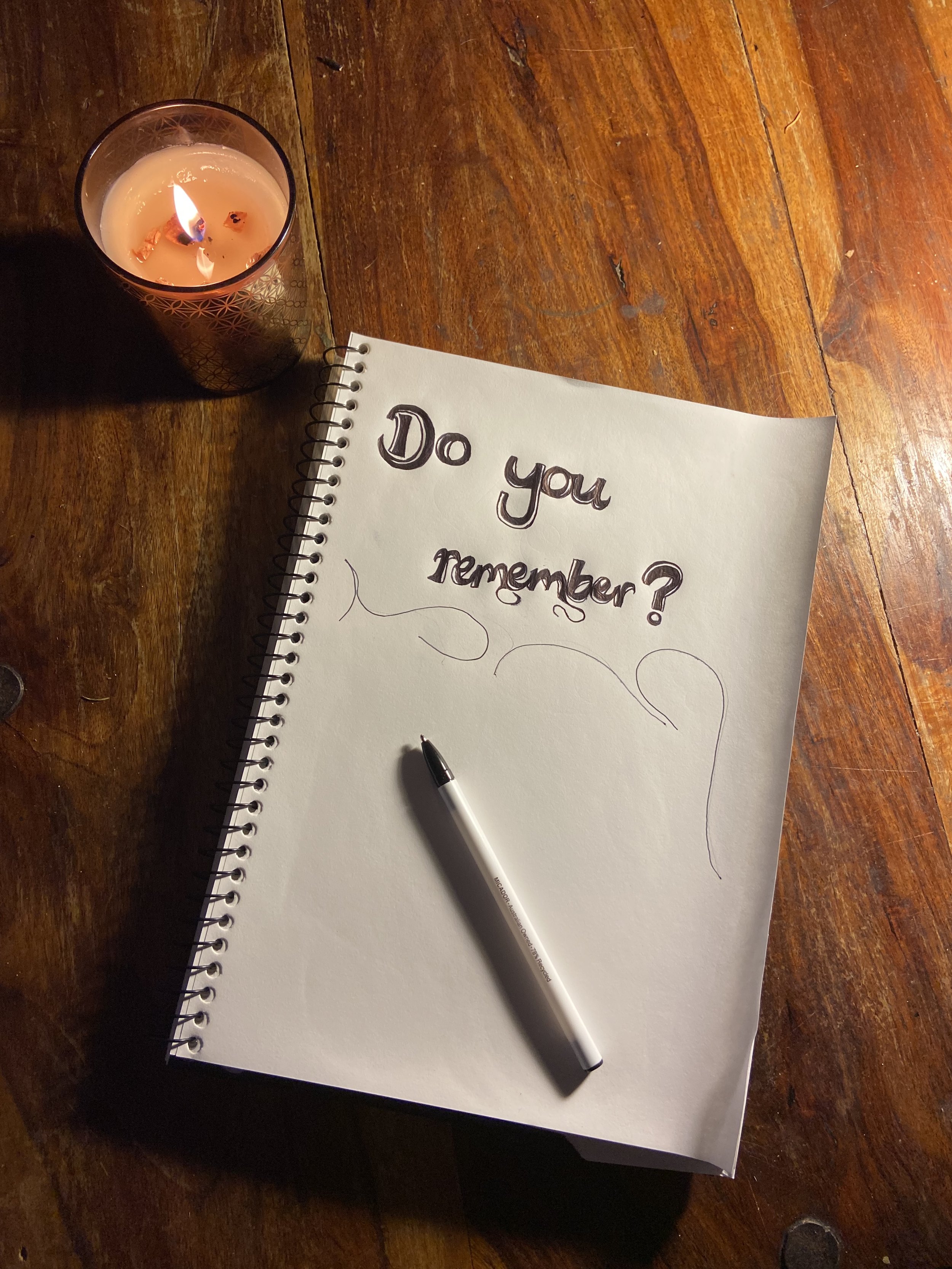No longer remember your dreams?
Were you on a roll of writing down your dreams? But then woke up unable to recall your most recent night-time venture?
Not the most inspiring start to the day. It can be an almost soul-crushing feeling to wake up with a blank mind after a period of enjoying a lucid dreaming explosion. If this is a predicament you find yourself in, I warmly reassure you it’s not forever.
Throughout my dreaming journey, I’ve discovered dreams don’t deliver at a constant pace. They come in waves. Sometimes, we’re engulfed in a scene so vivid it makes our hearts skip a few beats. Other times, the remnants of our dreams only whisper beneath the surface of our daily rhythms. Then, there are times when we have no recollection whatsoever. Navigating the ebbs and flows of my dreaming life has enabled me to learn the steps to take when you hit a lull.
Here are my top tips for recovering dream recall:
The power lies with our intention
Intention is the first step to transformation. If you want to recover your dream recall, speak this intention into being. Write journal entries about how you want to get close to your dreams and remember them when you wake up.
It’s also important to write journal entries that express the value you place on the wisdom dreams bring. This shows the dream weaver/creator/God (however you prefer to think about it) that you not only have the desire to be in tune with your dreams, but you respect the mysterious dreaming wisdom. Speaking our intention to recall dreams invites them into our awareness.
Make it a priority
Let your dreams be the first thought of the day. When you wake up, ask yourself what you dreamt. Even if the memory is only vague, write some notes on what you can recall. Keeping the habit of journaling dreams each day naturally makes us more open to them. We’re able to listen beneath the surface and align ourselves with the wisdom of the collective unconscious and that of our higher selves.
Art therapy and stream of consciousness writing can help strengthen dream retention. When we’re too entrenched in our rational mind, we can unknowingly block dreams from speaking to us. Doing activities that liberate the repressed aspects of the self can help uncork the dreams hidden within our consciousness. Give yourself space to unfold and explore. Don’t be too serious. Have fun and nurture your inner child.
Water – A delicate balance
Too much and too little water can interrupt our sleep. Too much water causes us to endure multiple bathroom treks, while too little water keeps us awake with a parched throat. Neither scenario is fun. Be intuitive with your hydration habits. Only drink when you’re thirsty and ease off in the two hours before you intend to sleep.
Eat well
Eating enough? Struggling to sleep from being hungry makes it very difficult to dream in the first place, let alone recall. Ensure you’re well nourished before going to sleep. It will help prevent you from feeling tired, irritable and cloudy.
Eating right for our bodies is extremely important. Digestion and/or bloating issues are no tonic for a restful sleep. Be aware of how your body feels after you eat certain foods. If you repeatedly experience discomfort, you may be better off limiting those foods, especially before you sleep. Always check in with your doctor (or dietician) before making major changes to your diet.
Exercise
When we don’t do enough in the day to make us physically tired, it can be hard to fall asleep. Our minds and bodies are alert because they haven’t been exerted. Ensure you do some sort of physical activity for at least 30 minutes each day. This makes it easier to fall asleep, thus supplying material that can be remembered in the morning!
Set healthy screen boundaries
Do you suffer from screen fatigue? When we don’t give ourselves enough distance from screens, our circadian rhythm is compromised. This interferes with our sleep and our ability to recall dreams. Having two hours of screen-free time before bed is optimal.
How are you?
Many of us are wholeheartedly aware that it’s not just physiological factors that impede our sleep (and dreams). Stress, trauma, grief and anxiety all stick a hand in the mix. How are you feeling? How is your relationship with yourself? What’s happening in your life? How are you coping? Taking time to check in with your internal landscape helps you have better sleeps, and as a result, stronger dream retention.
Being in tune with our dreams helps us feel more connected to ourselves and to the broader spiritual reality. Dreams can offer us tremendous insight on our psychic patterns, unresolved trauma, hidden yearnings and life purpose. Choosing to remember dreams is thus a beautiful way to cherish oneself.
What do you think of the dreaming tips I’ve shared? Were there any I missed?
Let me know your thoughts!


